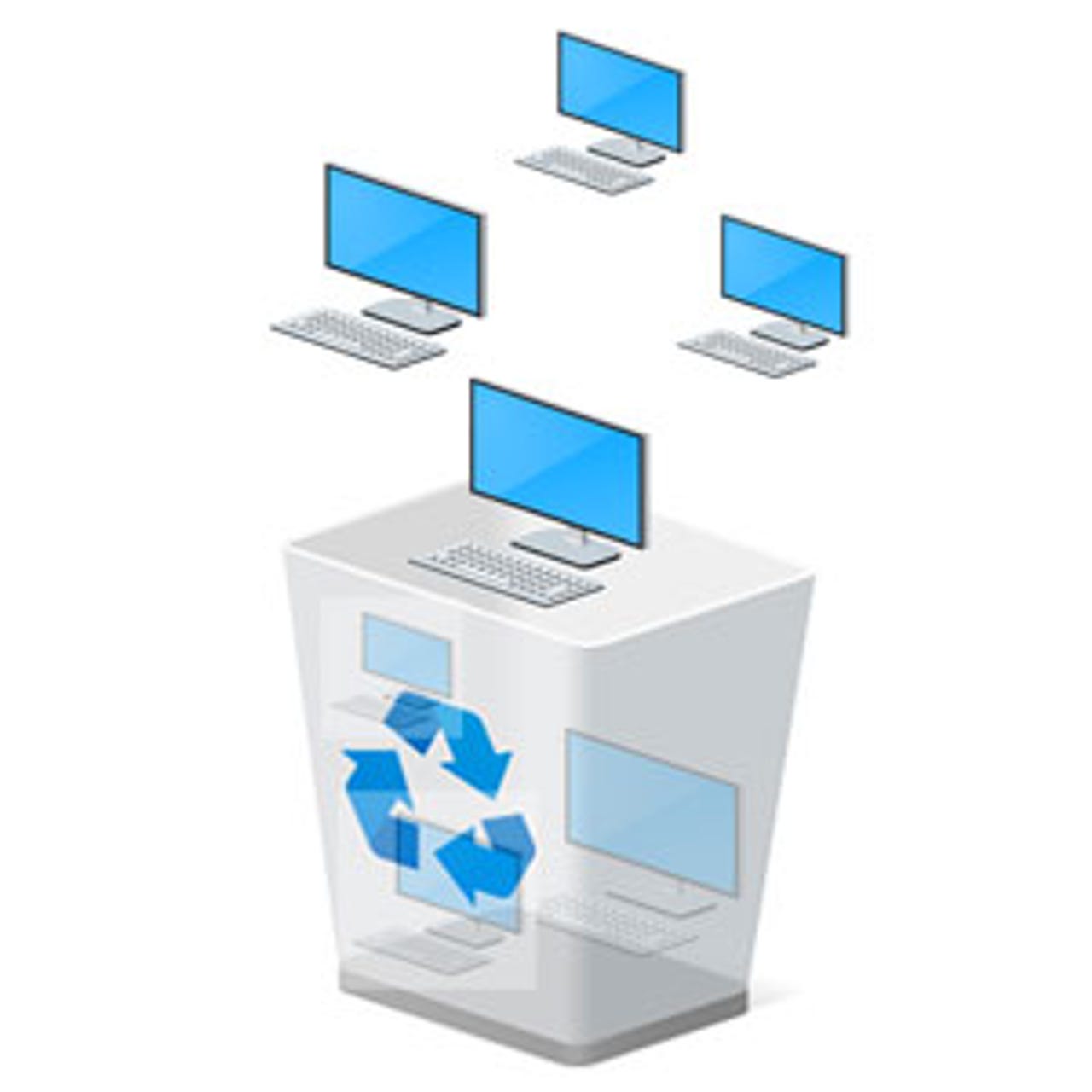How (and why) I'm reducing my Windows PC headcount

Regular readers will know that after more than two decades of being a dedicated Windows power user, I now carry out the majority of my day-to-day work on a variety of OS X, iOS, Linux, and Android systems. But that doesn't mean that the PC Doc HQ is a Windows-free zone.

Far from it.
But the time has come to reduce the Windows PC headcount.
Like my colleague David Gewirtz, I too have been making sure that my systems - both physical and virtual - either have a Windows 10 upgrade roadmap - which involves running the compatibility checker to look for any potential roadblocks, fixing any issues that have arisen, and then scheduling the deployment of Windows 10 - or a disposal plan.
And I'm surprised by just how many are getting the chop.
Now the tech-head part of me finds it very difficult to part with systems, but the realist in me understands -- and accepts, sort of -- that I'm holding on to a lot of legacy hardware just because it feels good to do so.
The tech landscape has changed tremendously over the past decade, and smartphones, tablets, and notebooks have taken over from desktop and tower systems. Not only that, but my work-a-day systems -- both desktop and notebooks -- now run OS X.
Featured
After taking a good, long, hard look at my hardware, here's what I found:
- I just don't need as many systems as I once did. I now carry a tremendous amount of computing power with me in my pocket.
- My towers and desktops have given way to laptops, smartphones, and even PC computing sticks and devices such as the Raspberry Pi.
- Windows Home Server is gone. WHS was probably one of the easiest ways to centrally back up multiple PCs. And while I never relied on it as a sole method of backing up my data, it was very useful. The hardware is now all that's left, so it's time for that to go.
- The switch from Windows to OS X has really paid off for me from a reliability standpoint. On average, my Windows laptops needed some 4.5 support calls and 2.3 hardware repairs during the first three years of ownership. In the three-and-a-half years since switching to Macs, not once have I had to call tech support or had to have a system repaired under warranty. Sure, the Mac ecosystem is far from perfect, and there are still plenty of annoyances to contend with, but I'm wasting a lot less time hand-holding systems these days.
- Systems that I had acting as print servers and scanning stations and the like are now obsolete thanks to newer printers and scanners (I also print and scan a lot less than I used to).
- PCs that used to be on 24/7 so I could access data on them from other systems (or remotely) are no longer needed now that much of that data has been uploaded to the cloud.
- Quite a few of my systems are either functionally obsolete or terrible energy hogs. Yes, I could put Windows 10 on them, but to be honest, I can't use a free Windows 10 upgrade as a way to justify their continued existence.
- Running Windows on a system that I only use occasionally is a painful experience because of updates. Yes, updates are a fact of life, but patching Windows systems feels much more cumbersome than patching OS X or Linux.
- I can run more virtual machines on a single system than ever, which means I need fewer PCs dedicated to running virtual machines. Also, I can see a point coming where at least some of my virtual machines move to the cloud, but for now I have more than enough Windows licenses to handle this locally.
- Goodbye gaming PC, hello PS4. This is not a perfect solution, but I game so little these days that having a dedicated gaming system just isn't worth it (also, more and more games are coming to the Mac).
Now you're probably thinking that this big clear-out will result in a lot of e-waste. The truth is that less of it than you think will end up at the recycling center.
Many of the systems will be wiped and passed on to others, where they'll hopefully offer years more service. However, when it comes to the real energy-hog systems -- typically PCs that started out as old gaming systems and high-performance workstations -- I'm drawing a line under them and scrapping them for parts.
I'm also taking the chance to get rid of all hard drives that are older than six years old. I don't like playing Russia roulette with my data, and keeping old drives is false economy.
Best productivity accessories for your Windows 10 PC
See also: